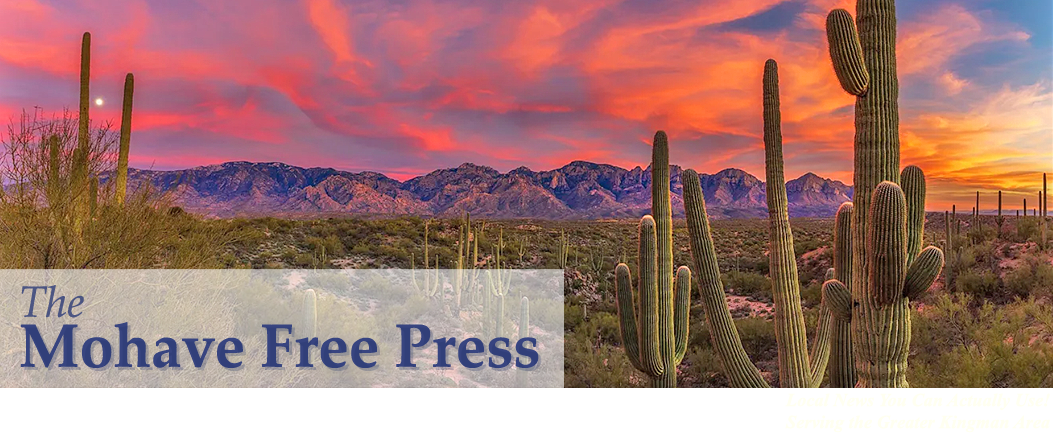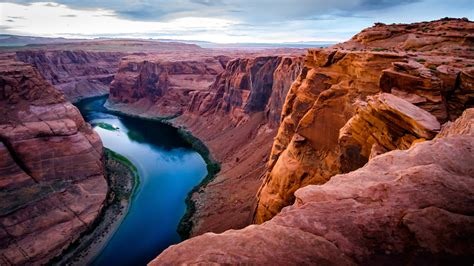On July 3rd, President Donald J. Trump signed Executive Order 14313, establishing the Make America Beautiful Again (MABA) Commission, an initiative to conserve America’s natural treasures while expanding access to public lands, with significant implications for Arizona’s environment, tourism, and economy.
Chaired by Secretary of the Interior Doug Burgum, the commission aims to address decades of mismanagement, cut bureaucratic red tape, and promote outdoor recreation, directly benefiting Arizona’s iconic landscapes like the Grand Canyon, Saguaro National Park, and vast public lands. For a state where tourism generates $29 billion annually and supports 270,000 jobs, according to the Arizona Office of Tourism, MABA’s focus on enhancing national parks and recreational access promises to amplify Arizona’s economic and cultural vitality while safeguarding its natural heritage.
Arizona, with 6.3 million acres of national forests and 12 national parks, stands to gain from MABA’s mission to tackle the $23 billion National Park Service maintenance backlog and $10.8 billion in U.S. Forest Service repairs. The commission’s emphasis on active forest management and voluntary conservation, as outlined in the executive order, could potentially restore areas like the Coconino National Forest, ravaged by recent wildfires, ensuring safer trails and healthier ecosystems for Arizona’s hikers, hunters, and anglers.
By expanding access to public lands for activities like off-roading and wildlife viewing, MABA aligns with Arizona’s outdoor recreation economy, which contributes $10.7 billion annually, per a 2024 Bureau of Economic Analysis report. This could drive tourism to rural areas, boosting local businesses and job creation.
The commission’s push to recover fish and wildlife populations through collaborative efforts with state agencies, such as the Arizona Game and Fish Department, directly benefits Arizona’s biodiversity. The state’s endangered species, like the Mexican gray wolf, could see strengthened recovery programs.
MABA’s focus on clean water access also addresses Arizona’s pressing water challenges, potentially improving aquatic ecosystems in the Colorado River Basin.
The commission’s 11-member panel, including the Secretaries of Defense, Agriculture, and the EPA Administrator, will ensure a collaborative and coordinated approach, leveraging Arizona’s input through its robust federal delegation.
The MABA initiative responds to Arizona’s concerns over a proposed 1.2 million-acre public land sale, which Senator Mike Lee withdrew after backlash, ensuring lands like those near Lake Mead remain protected for public enjoyment. This pivot, celebrated by Arizona’s conservationists, aligns with the state’s legacy of stewardship, exemplified by Theodore Roosevelt’s establishment of the Grand Canyon as a national monument. MABA’s potential to increase park entrance fees and attract international tourists, as noted in a July 10th, Headline USA report, could funnel revenue to Arizona’s underfunded parks, enhancing infrastructure like trails and visitor centers.
While the Rescissions Act of 2025 cut $9 billion in federal funding, MABA’s focus on cost-effective conservation ensures Arizona’s natural assets remain a priority.
Championed by young conservative activist Benji Backer, who drafted the order, MABA reflects Arizona’s values of balancing economic growth with environmental stewardship, promising a brighter, more accessible natural legacy for future generations.

